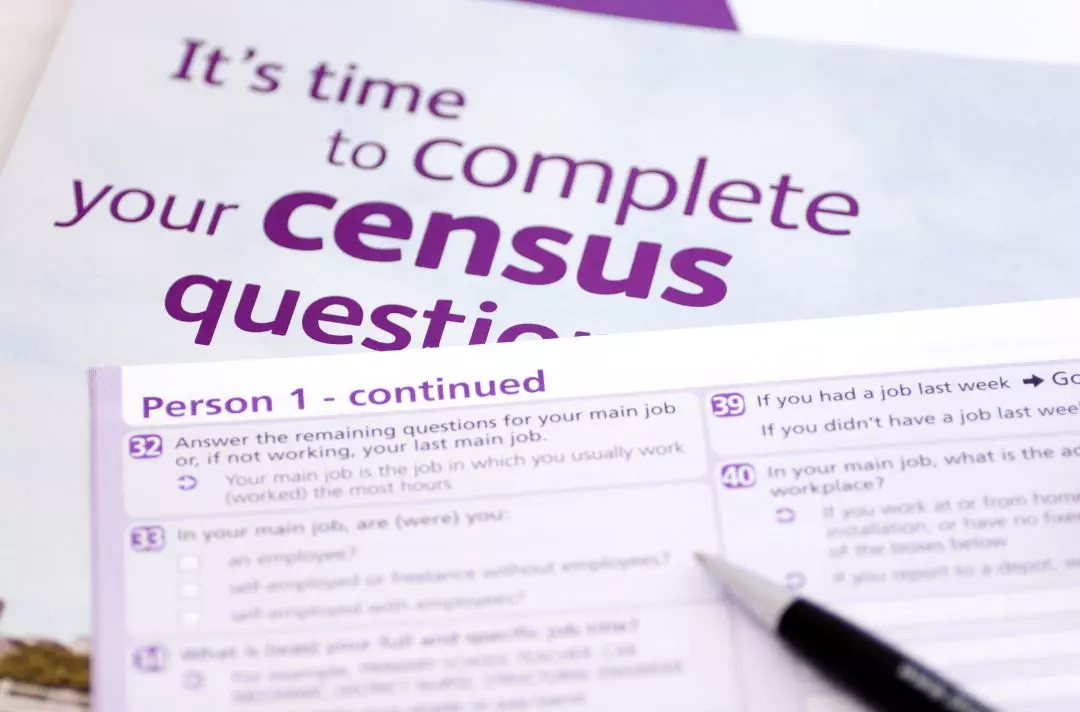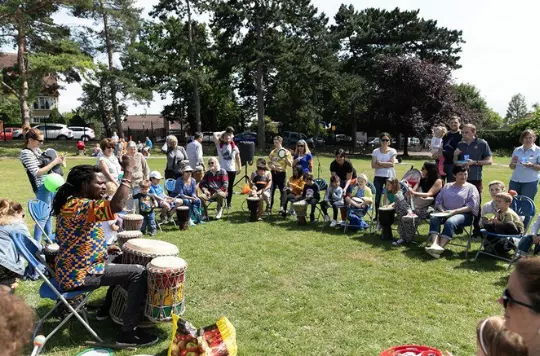15 December 2022
Census 2021: A challenge and an opportunity
Lieut-Colonel Drew McCombe

Lieut-Colonel Drew McCombe argues why the falling number of Christians in England and Wales signals an opportunity to make a real difference.
For the first time, fewer than half of people in England and Wales describe themselves as Christian, the 2021 census has revealed. The proportion of people who said they were Christian was 46.2 per cent, down from 59.3 per cent in the last census in 2011. In contrast, the number who said they had no religion increased to 37.2 per cent of the population, up from 25.2 per cent. The percentage of people identifying as Muslim rose from 4.9 per cent to 6.5 per cent. The percentage identifying as Hindu rose from 1.5 per cent to 1.7 per cent.
I think we need to receive this humbly and accept this is the context in which we and the rest of Europe find ourselves. It is both a challenge and an opportunity.
I encourage you to have greater confidence in the gospel of Jesus Christ. Love will win the day. Remember: ‘God so loved the world that he gave his one and only Son, that whoever believes in him shall not perish but have eternal life’ (John 3:16). That eternal life starts now, and it needs to be seen in the here and now.
In October I spoke at the community managers’ conference and cited the Right Rev Graham Tomlin, who is now the leader of the Centre for Cultural Witness. In his book The Provocative Church he refers to the 17th-century Christian apologist, Blaise Pascal. Among Pascal’s many writings were two points made again and again: first, that because of human sinfulness, we tend to believe what we want to believe; second, that the Christian God doesn’t stand at the end of an argument, ready to be proved and then ticked off as something known and ignored. He is an intensely passionate God who unites himself with people in the depths of their soul. You either have this kind of intimate personal encounter or you don’t have one at all.
Pascal probably would have thought that many of our assumptions about evangelism start in the wrong place. It’s not that courses on apologetics or how to present the gospel with diagrams are not needed – they are useful for helping Christians to understand the basics of their faith and explain it. It’s just that today we need to start a stage or two further back.
For Pascal, presenting someone with a list of proofs for Christianity is a waste of time until you have awoken in them a desire for God in some way. Only God can do this. Yet God often uses people to awaken that desire. ‘Make it attractive, make good men wish it were true and then show that it is’ – as Pascal said – is a good starting point for evangelism today.
Our social care and meeting of human needs, done authentically, help us to engage in relationships with people, so that when they begin to wish it were true for them, we can then tell them and invite them into the story of God.
We could look at the census and be downhearted. Perhaps that is not necessarily a bad thing, if it causes us to galvanise our confidence in the gospel. Remember what history teaches us: when we have our backs to the wall and are on the margins, somehow God’s people turn back to God and stop relying on their own resources. This could, by the help of the Holy Spirit, be our opportunity to make a real difference.
Please pray with me that this will be case for The Salvation Army and wider church of God in this territory. Trust that loving God and loving others will win the day.
Written by

Lieut-Colonel Drew McCombe
Secretary for Mission, THQ
Discover more

A range of leaflets, posters, banners and giveaways to support your community events.

One of The Salvation Army’s primary roles has always been to break new ground with the gospel.

A collection of school, community engagement, and other key poster resources for you to use within your community.

Lieutenants Emily and Joel Watson tell Emily Bright why the Army papers are a handy tool for evangelism and help them connect with their community.
